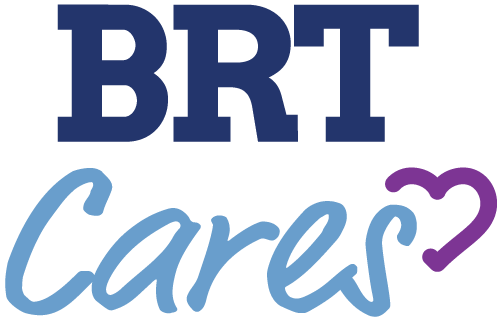Travel Notes
Inflation Adaptations – How to Travel When Costs Rise
By Tom Merrill, Travel Consultant
The Duke was right:
“Things Ain’t What They Used to Be.”
Though inflation has hit the student travel industry hard, we can adapt.
My first new car cost me $10,000. It was a Chevy Cavalier. (Yes, I got it because I was really into drum corps at the time. Don’t judge.) It was also 1991.
I would have loved to have paid only ten grand for the used car we recently bought for our son. But over the span of time, we all know that’s not realistic.
As I talk with music teachers about tour plans for their groups, many experience sticker shock when the cost of their itinerary – often similar to a trip they took two to four years ago – is revealed. And, appropriately so, they need to be able to explain this increase to parents and administrators.
Inflation Is Here, But It’s Not Distributed Evenly
A recent article in the New York Times discussed the state of inflation in the United States. Some interesting statistics shed light on student travel costs in particular.
The article noted that the current average rate of inflation in the United States is 5%. Six sectors were then listed that are running above that rate, some significantly so. Those are:
- Airfare (up 17.7%)
- Transportation services (up 13.9%)
- Food away from home (up 8.8%)
- Rent (up 8.8%)
- Groceries (up 8.4%)
- Lodging away from home (up 7.3%)
Consider that list. Of the six items running ahead of overall inflation, four (including the top three) are related to student travel.
Similarly, a recent Axios Chicago article cited the Consumer Price Index, showing that admission prices for museums, concerts, and theatres had risen 6.5% from March 2022 to March 2023. These are all items typically included on education and music department tours.
This is why that trip you took for $800 per person between 2015 and 2019 – in the before times – ain’t necessarily so now (as Mr. Gershwin might say).
The Pandemic Effect Continues
And that’s not all. Motor coach companies, for instance, are facing increased fuel costs and a nationwide driver shortage. They often need to offer higher pay in an attempt to lure back drivers who found better-paying jobs driving for freight companies during the shutdown. This driver shortage, as well as increased liability insurance costs, means far fewer coach companies can do long-haul overnight drives, or must charge a premium for that kind of scheduling.
Hotels, attractions, and other segments of the travel industry are also still in recovery mode after a 2-year slowdown. Additionally, some pent-up demand still exists not only in group travel, but for individuals and families as well. I slept through most of my high-school economics class, but I do remember the laws of supply and demand… and this is a textbook example.
Adapting to the New Reality
So how do we adapt? Because the reality is… few things get less expensive as time marches on. But depriving students of the life-changing experience of student travel is also not optimal.
Allow me to suggest two adaptations to consider:
Adapting to location
It may be that those destinations that have been your “go-tos” aren’t in the picture anymore. Travel may need to become more regional.
The good news: This is a terrific opportunity to try somewhere new! Hidden gems and “up-and-comers” can be the perfect destination for your next trip. There are outstanding regional orchestras, extensive Broadway show tours, unique museums and historical sites, and incredible university music departments that can offer exceptional clinic experiences.
When I talk with music educators about performance travel, I always tell them not to fixate on a particular location as the “end all, be all” for student tours. Focus on the “why” of your travel, not just the “where.”
Adapting to time
Visiting your traditional location might now be something you do less frequently – say, every two years instead of annually, or every four years instead of two, with a visit to one of those regional “hidden gems” on the in-between years.
Adapting to time also means planning farther in advance, so that you can do more fundraising and saving. We’ve always advised clients to allow two years of planning and preparation for international travel—the reality is the same may now be the case for more distant or expensive domestic locations. (Planning farther in advance has the added benefit of better availability of performance spaces, attractions, clinics and so on.)
As is often said, the only constant is change. Fortunately, music educators have always found creative solutions to the challenges before them. Adapting to these new economic realities will allow you to continue the rewarding and life-changing tradition of performance travel.
We’ve been providing life-changing experiences for students since 1981 – which means we’ve navigated more than a few economic downturns and inflationary cycles. Reach out today to start planning a trip that’s right for both your program and your pocketbook.
A version of this post originally appeared in SBO+ Magazine.
Newsletter: Get helpful tips and performance group travel news:
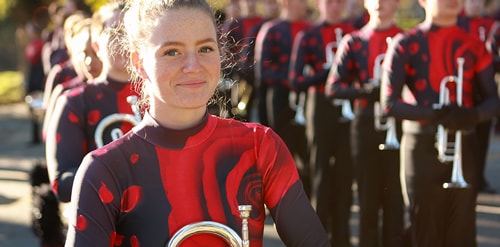
Performance
Group Travel
Performance group travel has been the heart of our business since 1981.

International
Group Travel
Learn about the eye-opening experiences that international travel offers.
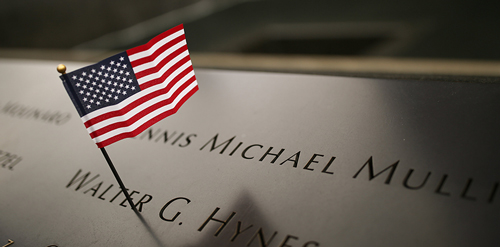
Educational
Group Travel
Student group travel brings learning to life.
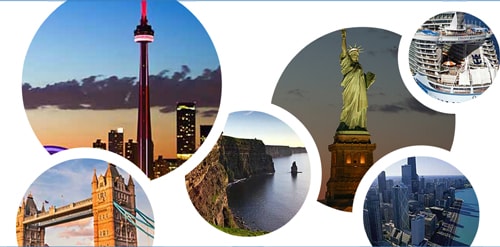
Group Travel
Destinations
Discover some of our most popular student-friendly destinations.
Parades & Events:
The art of performance travel perfected.
Parents & Students:
Build friendships. Explore new places. Make memories.
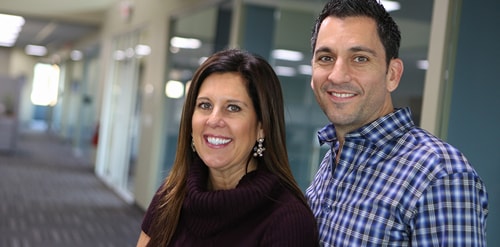
About Us
We craft travel experiences that allow you to share the world with your students.
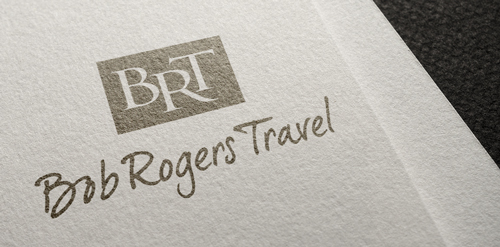
Our Company
Learn more about our history, our values and our commitment to serving your needs.
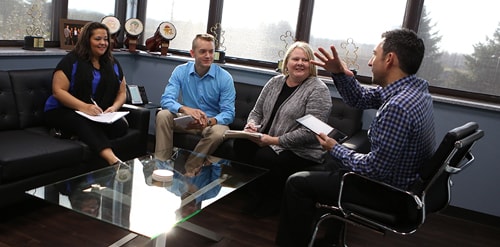
Our Team
Good people and great relationships are the keys to perfect travel experiences.

Technology
Our tools make traveling with a group easier, safer and more efficient.
